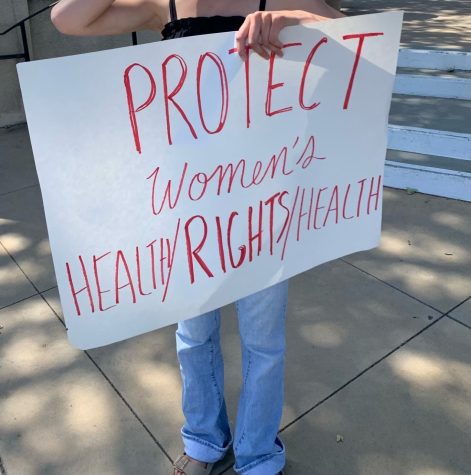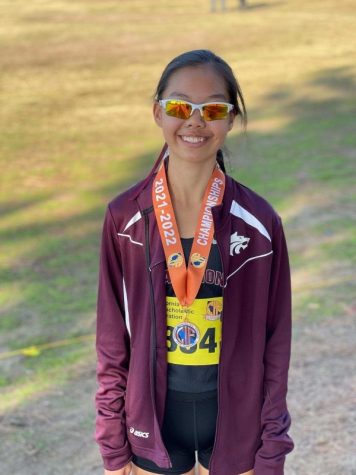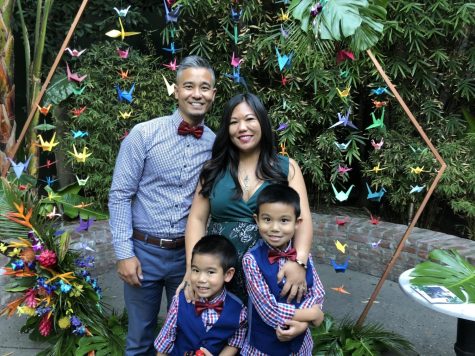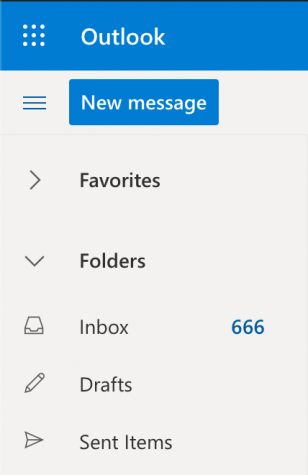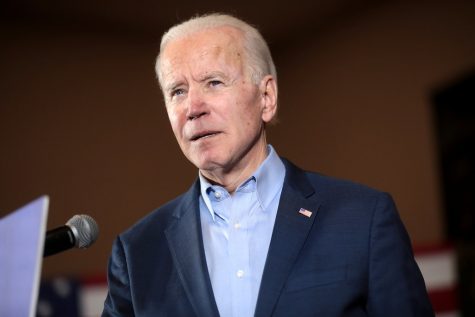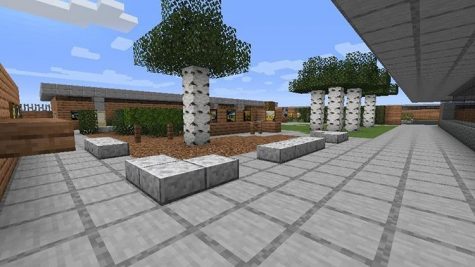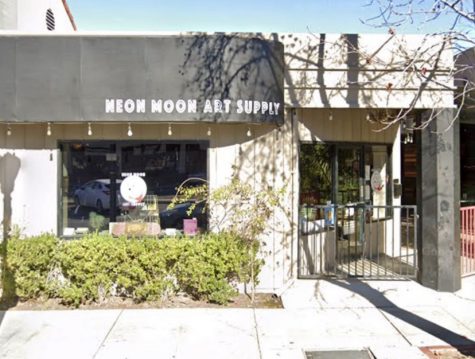The current history curriculum is failing our future voters
Dec. 18, 2019 was a day that changed the course of American history. For the third time ever, the US House of Representatives approved articles of impeachment against the President. Donald Trump was charged with obstruction of Congress and abuse of power (see page 5 for more). However, on the CHS campus this was not a topic of discussion in most classrooms. This day, being such a monumental moment in history, needs to be discussed in high school history classrooms. Without credible information from teachers regarding current/political events, CHS students will be left with propaganda or no information at all fostering ignorance and lack of awareness.
Impeachment is not something to be glossed over, as out of the total 45 US presidents only Bill Clinton (42nd POTUS) and Andrew Johnson (17th POTUS) have officially been impeached by the House. Now joined by President Trump, this marks a significant turning point in American history. Students should not have to get lucky with a class that directly tackles and relates to current events, history classes of all levels should connect students’ learning to pressing world issues. School is the one equalizing force in an unequal society. Lots of kids do not have important political conversations at home, but some do. School should be the one place where every student gets to have those important conversations. Knowing your country’s history and relevant politics should be a right that public school provides, not a privilege.
It is important for students to be educated from credible resources about current world events. All current high school students will be of voting age within the next five years, with many of them being able to vote as soon as the upcoming presidential election. Voters shape a country. They elect presidents and policy makers. When students are not taught to understand political issues, society is flooded with uneducated voters. With uneducated voters come uneducated decisions regarding laws and policies that affect everyday life. America has seen the devastation of uneducated voters, with children ripped away from families at the border and America on the verge of war with Iran.
While some may believe that discussing current/political issues in a classroom setting leads to opinionated, biased information, and divergence from the curriculum, there are essential ways schools can combat this. Part of being a teacher, especially of history, is presenting information in a factual manner rather than being opinionated. While some may argue this will foster opinionated statements from students, this should be the conversation students are having as it would educate them further on differing political stances. As students mature, they develop individual political views and opinions. Rather than regurgitating information learned at home or believing oneself “not to be a political person” as a result of lacking exposure to information and context, students should have the right to political education in the classroom to cultivate informed opinions.
Mr. Chamberlain, a long-time CHS English teacher, has incorporated current events into the current high school English curriculum through discussion and debate regarding U.S. and Iran relations in recent weeks.
“The curriculum is a living, breathing thing; it’s always changing because the world around us is changing,” Mr. Chamberlain said. “Part of the difficult task of being a good teacher is to find ways to connect the students in your classroom to something topical and meaningful to them.”
As for the history curriculum, it should be altered by the state to allow time for conversations about political and current events, as they are just as important than traditional history lessons if not more so. However, some CHS history teachers have taken a step in the right direction, beginning to educate students on current world events and the importance of voting.
Schools need to ask themselves what their priorities are––well-educated voters and citizens prepared to make educated political choices––or teens who can remember all the dates of the French Revolution.
Hello there! Our goal is to provide relavent, engaging journalism for readers of all ages. Your donation will support the student journalists of the Wolfpacket at Claremont High School, and will allow us to purchase equipment, print our monthly issues, and enter in journalism competitions. We appreciate your consideration!

Meghan Mason is a senior at CHS, and this is her third year on the Wolfpacket staff. Mason is the Assistant Editor-in-Chief this year, and cannot believe...
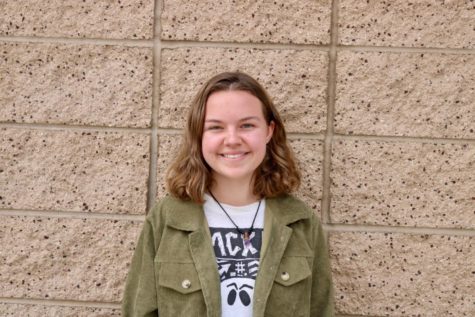
The 2020-2021 school year marks Ady Bolinger’s second year on the Wolfpacket staff. Bolinger, a junior at Claremont High School, holds an editorial position...





